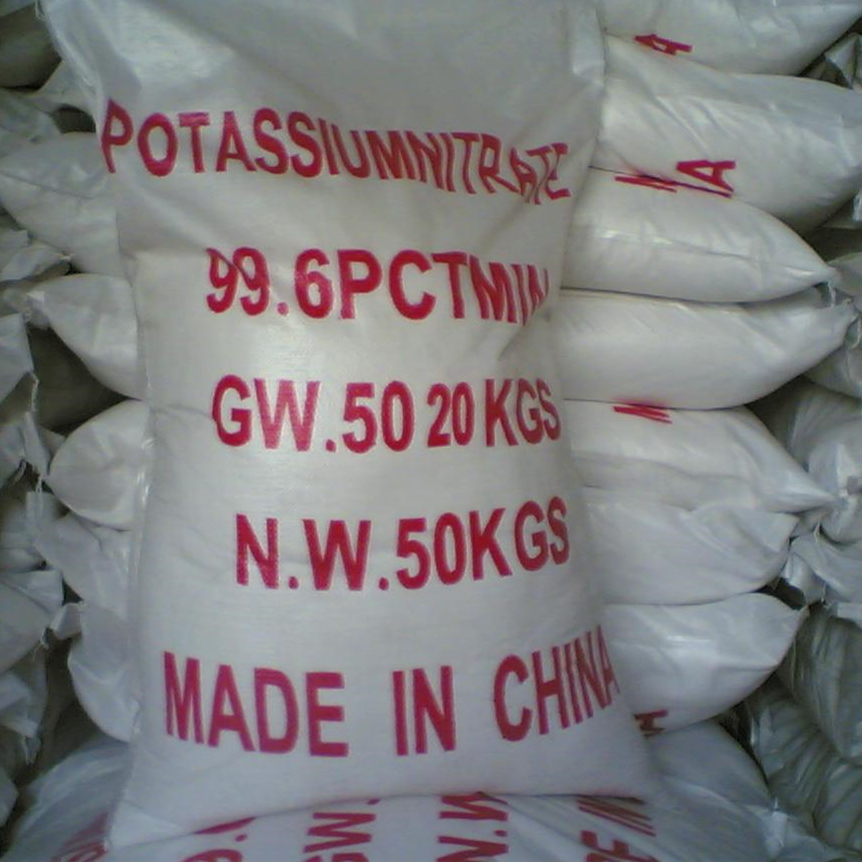
Oct . 11, 2024 10:18 Back to list
water soluble fertilizers npk
The Importance of Water-Soluble Fertilizers Understanding NPK
Water-soluble fertilizers have gained significant attention in modern agriculture for their effectiveness in delivering essential nutrients to plants. Among these nutrients, nitrogen (N), phosphorus (P), and potassium (K) stand out as the primary components of nutrient management, often highlighted as the NPK ratio. In this article, we will explore the role of water-soluble fertilizers, focusing on the NPK nutrients and their importance to plant growth.
What are Water-Soluble Fertilizers?
Water-soluble fertilizers dissolve easily in water, allowing plants to absorb nutrients through their roots and foliage effectively. This type of fertilizer is commonly used in various agricultural practices, including hydroponics, greenhouse cultivation, and crop production, as it offers precision in nutrient application and quick uptake by plants. The primary advantage of using water-soluble fertilizers is their ability to provide immediate nutrition, which is crucial for rapid growth and development.
The Role of NPK in Plant Growth
NPK fertilizers contain three essential macronutrients that play vital roles in plant health
1. Nitrogen (N) Often regarded as the building block of amino acids, nitrogen is crucial for the synthesis of proteins and chlorophyll. It promotes vigorous growth, lush green foliage, and is essential for the overall vegetative development of plants. A deficiency in nitrogen can lead to stunted growth and yellowing of leaves, commonly referred to as chlorosis.
2. Phosphorus (P) This nutrient is vital for energy transfer within the plant, primarily through the formation of ATP (adenosine triphosphate). Phosphorus plays a crucial role in root development, flowering, and fruiting processes. Well-developed roots ensure better uptake of water and nutrients, while sufficient phosphorus levels promote blooming and fruit set. A deficiency in phosphorus can lead to poor flowering, delayed maturity, and weak root systems.
water soluble fertilizers npk

3. Potassium (K) Potassium is essential for overall plant function, influencing crucial physiological processes such as water regulation, photosynthesis, and enzyme activation. It improves plant resilience against diseases and enhances tolerance to drought conditions. A potassium deficiency may manifest as yellowing of leaf margins and reduced yield quality.
The Advantages of Using NPK Water-Soluble Fertilizers
1. Rapid Nutrient Uptake Due to their soluble nature, water-soluble fertilizers allow for quick absorption by plants, leading to immediate growth responses. This is particularly beneficial during critical growth stages when plants demand a higher nutrient intake.
2. Nutrient Customization Farmers can easily formulate specific NPK ratios tailored to the needs of various crops and growth stages through water-soluble fertilizers. Whether the focus is on robust vegetative growth or prolific flowering and fruiting, the nutrient blend can be adjusted accordingly.
3. Reduced Nutrient Runoff Because these fertilizers are applied with water, they minimize the risk of nutrient leaching and runoff compared to traditional granular fertilizers. This helps protect the environment and reduces potential contamination of groundwater.
4. Ease of Use Water-soluble fertilizers can be applied through fertigation (the application of fertilizers through irrigation systems), allowing for efficient distribution and minimizing labor efforts.
Conclusion
Water-soluble fertilizers, especially those rich in NPK nutrients, are invaluable tools in modern agriculture. Their ability to deliver essential nutrients quickly and efficiently enhances plant growth, health, and yield. By understanding the roles of nitrogen, phosphorus, and potassium, farmers can optimize their use of water-soluble fertilizers to achieve sustainable and productive agricultural practices. As we face increasing demands on food production, embracing advanced fertilizer technologies will be crucial for a successful future in agriculture.
-
10 10 10 Fertilizer Organic—Balanced NPK for All Plants
NewsJul.30,2025
-
Premium 10 10 10 Fertilizer Organic for Balanced Plant Growth
NewsJul.29,2025
-
Premium 10 10 10 Fertilizer Organic for Balanced Plant Growth
NewsJul.29,2025
-
Premium 10 10 10 Fertilizer Organic for Balanced Plant Growth
NewsJul.29,2025
-
50 Pound Bags of 13-13-13 Fertilizer for All Plants – Bulk & Organic Options
NewsJul.28,2025
-
High-Efficiency 15-30-15 Granular Fertilizer for Healthy Crops
NewsJul.28,2025
